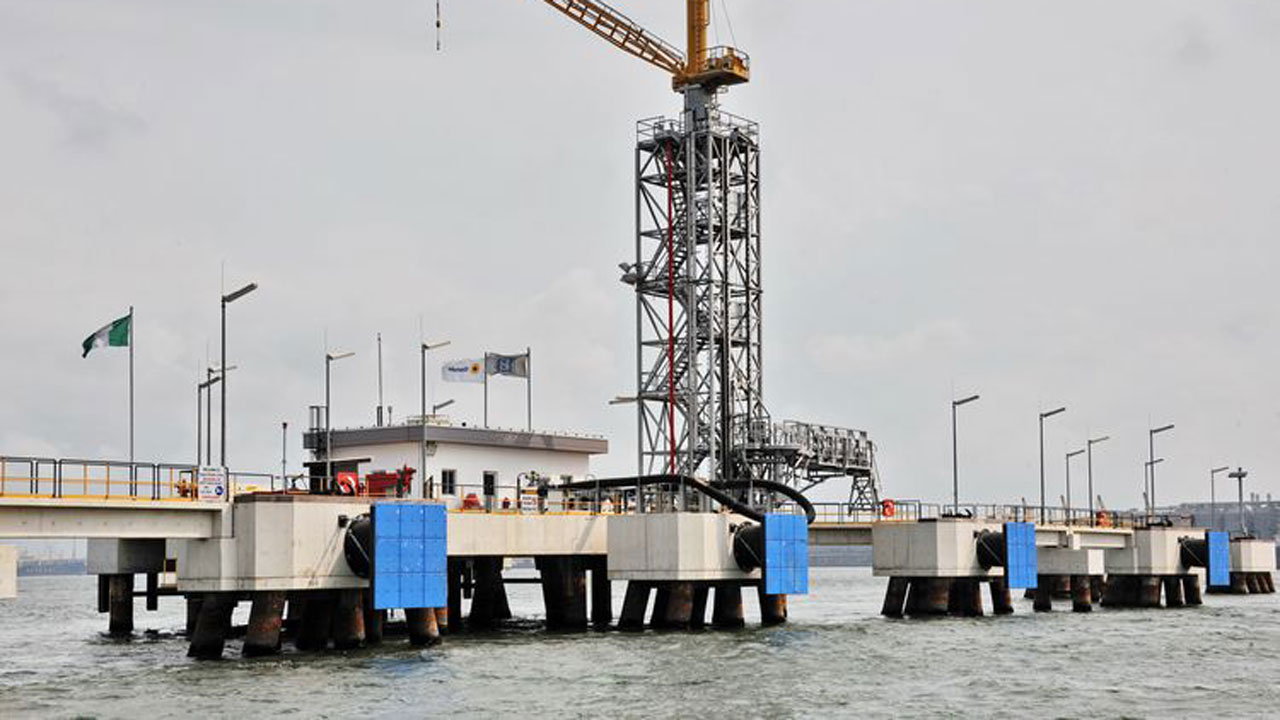
Experts worry as critical sectors remain wobbly
Just because the nation’s oil sector lost its steam to the tune of four per cent, the non-oil sector, with its impressive 10-quarter high at two per cent, could not deliver the country from the pangs of economic slowdown.
The development, which betrays the depth and breadth of the country’s touted diversification, is raising new concerns and points to the fact that the economy is still under the shackles of the crude oil and the goodwill of its international prices.
The economy’s renewed sliding fortunes in the first and second quarters, have been on the back of slowdown in the oil and gas sector, even as biggest non-oil sector players- agriculture, wholesale and retail trade and manufacturing continue to underperform.
The Gross Domestic Product (GDP) report of the National Bureau of Statistics (NBS) for the second quarter (Q2) had showed a 0.45 per cent fall from 1.95 per cent in Q1, to settled at 1.5 per cent (year-on-year) in real terms.
For the financial analysts, the nation’s economy is experiencing turbulent seasons, which they had already described as similar to the quarters prior to recession.
Though the Q2 data from NBS showed improvements in the non-oil sector, as driven by the services sector, the manufacturing sector contributed 9.29 per cent.
Leading the non-oil sector contributions that helped to salvage the situation were the transportation, construction and electricity sectors, while agriculture growth dipped to 1.3 per cent from three per cent.
But a financial expert, Johnson Chukwu, said the report is nothing short of a warning signal for the government to step up its policies, particularly in facilitating investments.
He said that the growth and employment generating sectors like agriculture, trading and manufacturing have not really exited the recession.
The Global Head of Currency Strategy and Market Research at Cyprus-based FXTM, Jameel Ahmad, said the initial reaction to the Nigeria’s GDP report appears mixed in performance.
According to him, while the headline showed slowed growth on a quarterly basis from 1.95 per cent to 1.5 per cent in Q2, the economy expanded on a year-on-year basis, which is a positive.
“The trend of slowing headline growth in emerging markets is something that is beginning to become more consistent in the financial news headlines. Emerging markets, in general, remain caught up in a multitude of different external headwinds, including higher United States interest rates,” he said.
President of the Manufacturers Association of Nigeria (MAN), Dr. Frank Jacobs, said the contribution of the manufacturing sector to GDP may not have improved simply because the operating environment remains difficult.
“The cost of funds to the real sector remains high, while infrastructure decay is still there. Goods are being moved via roads instead of the rail networks, which should be the ideal way.
“This adds to production costs (both for raw materials and finished goods. Power has not improved especially for small businesses in a big city like Lagos. All these affect the real sector’s contribution to GDP”, Jacobs added.
Director-General of the Lagos Chamber of Commerce and Industry (LCCI), Muda Yusuf, added that “the real sector is still not doing well. These are indications that the environment for operations of the real sector is still not conducive.
“These factors are driven mainly by poor infrastructure and credit issues. Services sector seems to be doing better because they are less vulnerable to infrastructure challenges like the real sector”, he added.
The underperformance of the big players in the non-oil sector has been attributed to weak consumer confidence, according to an economist at Renaissance Capital, Yvonne Mhango.
“Manufacturing, which food, beverages and tobacco is the biggest sub-sector, has had a stuttering recovery. The year-on-year growth of Nigeria’s third-biggest sector slowed to 0.7 per cent in Q2 of 2018, from 3.4 per cent in 1Q18, but was flat compared with 0.6 per cent a year ago.
“Improved foreign exchange liquidity helped bring manufacturing out of recession, but the weak consumer has capped its growth,” she said.
[ad unit=2]



